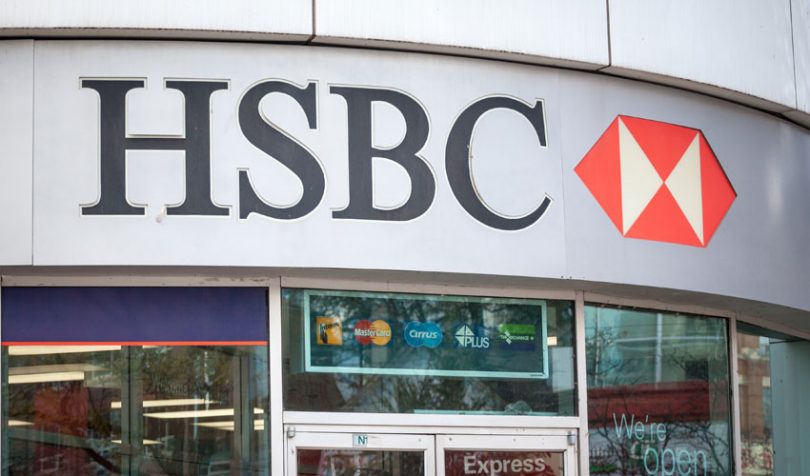On Tuesday HSBC announced it has completed the first yuan-denominated blockchain letter of credit (LC) using the Voltron platform.
This LC transaction was for audiovisual company MTC Electronic exporting raw materials from Hong Kong to its Shenzhen-based parent company.
In trade finance, significant challenges include manual paperwork, delayed payments and delayed shipments. Multiple entities in-between increases the chances of fraud. And a lack of a common platform for such transactions leads to miscommunication. Blockchain aims to address many of these issues, but especially manual paperwork and a common platform.
Citing data from SWIFT, HSBC said about 1.2 million LCs worth $750 billion were issued into and out of China in 2018.
HSBC, with Voltron’s letter of credit platform, was able to reduce the timeline of such a transaction from about 5-10 days to 24 hours. “Removing paper from the exchange increases the velocity of trade. More trade can be conducted in the same amount of time,” said Ajay Sharma, Regional Head of Global Trade and Receivables Finance for Asia-Pacific at HSBC.
Blockchain LCs enable speed, transparency and efficiency to the process, as all the parties involved can simultaneously access the documents. As these documents are digitally signed, it reduces the risk of tampering and fraud. Because the documents are shared on a blockchain, it acts as a single truth for all the parties.
“As it (blockchain) is more accepted over time, across the world, it will reduce the complexity and the bad name that letters of credit have gotten as a very difficult instrument to use,” Sharma told the South China Morning Post.
Voltron uses R3’s Corda technology with Hong Kong based CryptoBLK as technology partner. The platform is currently in the pilot phase and is expected to launch later this year or early in 2020. Apart from HSBC, the founding members are Bangkok Bank, BNP Paribas, CTBC Holding, ING, NatWest, SEB and Standard Chartered.
This was Voltron’s first transaction in the Greater Bay Area that spans Guangdong, Hong Kong and Macau. The region boasts three of the world’s biggest container ports.
Last year China’s central bank, the People’s Bank of China, launched a blockchain trade finance platform for the Greater Bay Area. The project has processed more than $4.5 billion in transactions.
Including this one, HSBC has processed nine transactions using Voltron. It recently executed an LC in Korea and Vietnam. The bank had previously completed a blockchain LC for agribusiness Cargill. At the end of last year, it processed an oil transaction in India with ING, and another in April for cargo between Australia and China. More recently it integrated Voltron with UAE-based Landmark Group‘s blockchain ReChainMe.
SME focused we.trade is another trade finance blockchain where HSBC is a participant.
The bank is also a backer of Tradeshift which is working on its own blockchain trade finance platform. Plus HSBC invested in blockchain technology company Axoni. In January HSBC said it had used blockchain for efficiencies in $250 billion of foreign exchange transactions.






